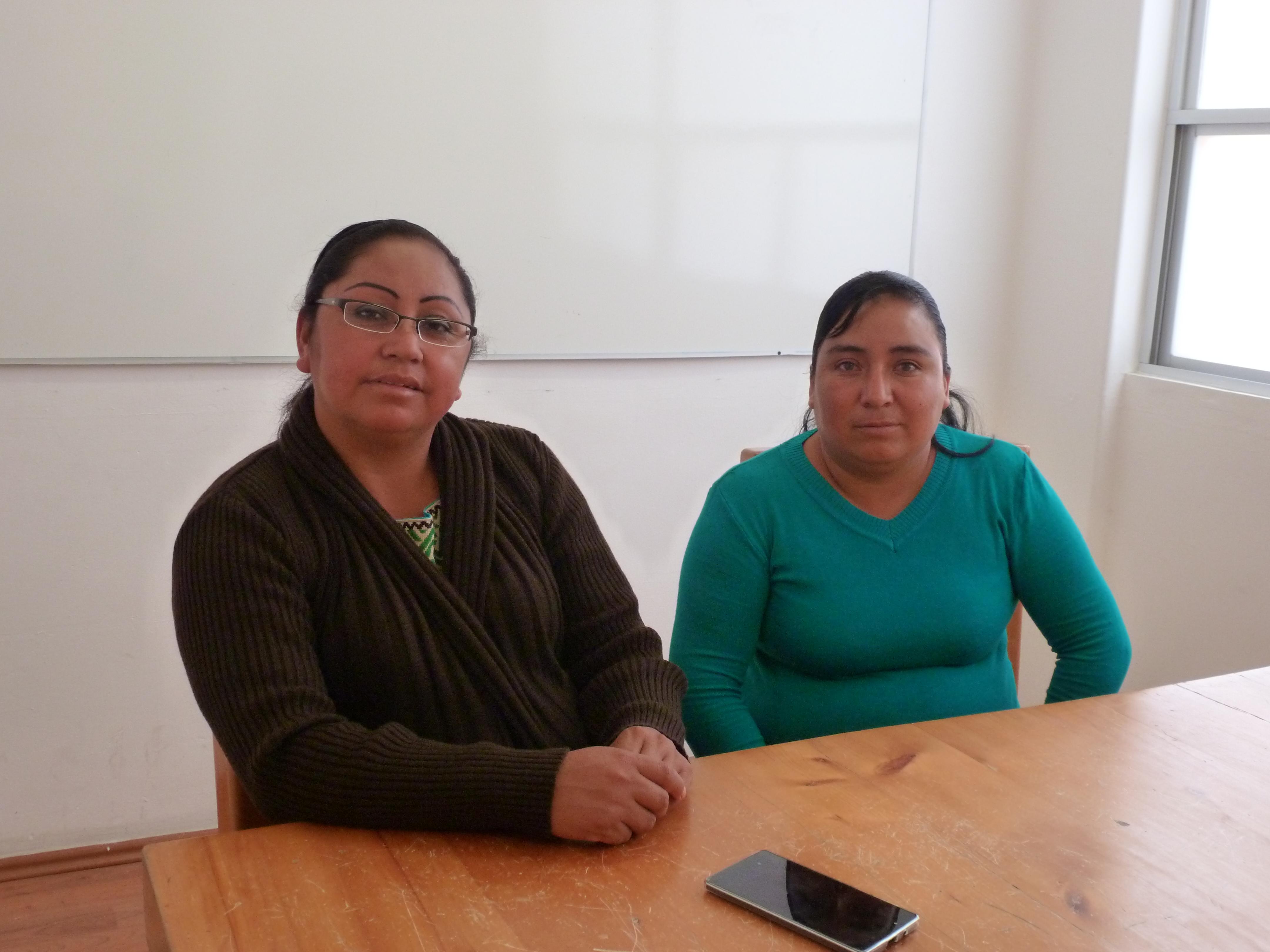
The Case of the Public Apology by the Mexican State to Jacinta Francisco Marcial: The Scope and Challenges of Human Rights in Combatting Racism
In March 2006, six agents of the now defunct Federal Investigation Agency (AFI) dispossessed several Otomí (Hñähñu) indigenous merchants from Santiago Mexquititlán, Querétaro state, of their belongings under the pretext of carrying out a search. The six AFI agents left the location, assuring that they would pay for the damages caused. Months later, Jacinta Francisco Marcial, Alberta Alcántara Juan and Teresa González Cornelio were tricked into going to Querétaro and imprisoned there, accused of kidnapping the six AFIs agents. They were sentenced to more than twenty years in prison for the crime of kidnapping. The Miguel Agustín Pro-Juárez Centre for Human Rights took up their case and, making use of its international networks, managed to ensure that Jacinta Francisco Marcial would be treated as a prisoner of conscience by the Mexican State. After more than three years, Alberta, Teresa and Jacinta were released. However, the Attorney General's Office (AGO) refused to recognize that any injustice had been committed involving the violation of the human rights of these three women. For this reason, during 2010 and 2011, Jacinta Francisco Marcial decided to demand restitution for damages and, accompanied by the Centre, sued the Mexican State. The Attorney General's Office refused to acknoweldge any damage, but the Federal Court of Administrative Justice determined that the AGO had acted irregularly and that, therefore, the State should make restitution to Jacinta and offer a public apology. Thus for the first time and through a public official, the State recognized that it committed an act of "racial discrimination" against these three women. The LAPORA project explored this case, analysing the scope and challenges of human rights as weapons in the fight against racism in Mexico and the effects of naming these practices of oppression as "racism" rather than simply abuses of human rights.
